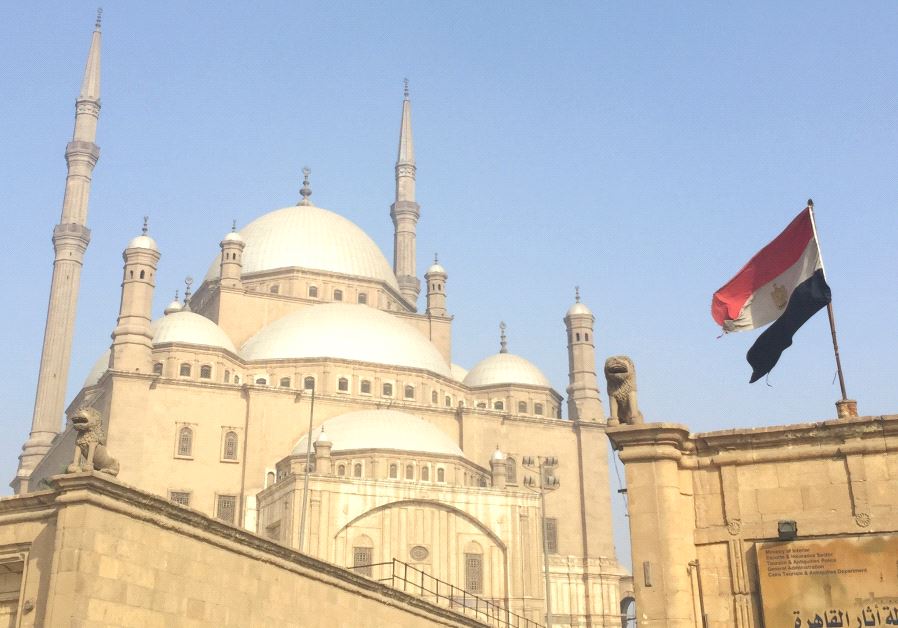Not only in Israel: Now Egypt has its own 'Muezzin Bill'
The new legislation has led to widespread national anger ahead of the festival of Ramadan.
 AN EGYPTIAN flag flutters in front of the Muhammad Ali mosque in Cairo.(photo credit: SETH J. FRANTZMAN)ByYASSER OKBI/ MAARIV HASHAVUAUpdated:
AN EGYPTIAN flag flutters in front of the Muhammad Ali mosque in Cairo.(photo credit: SETH J. FRANTZMAN)ByYASSER OKBI/ MAARIV HASHAVUAUpdated: